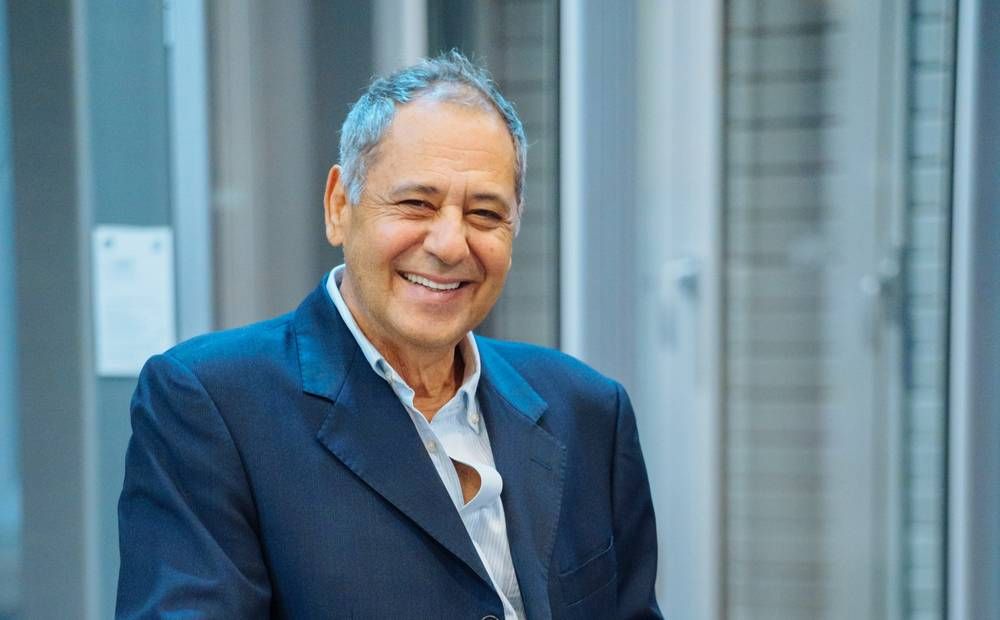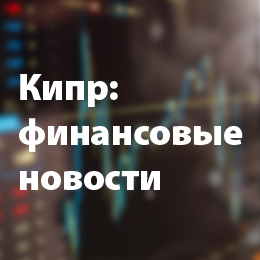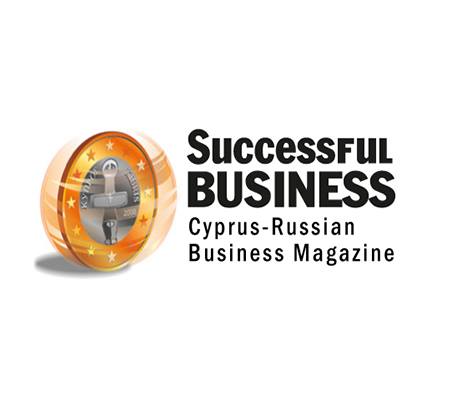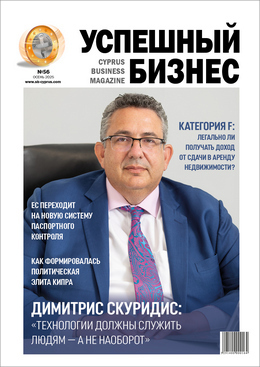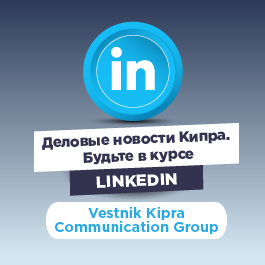The global conflicts of 2022-2023 have shaken all countries, including Cyprus. Price fluctuations, rapid migration, and total uncertainty have been a test of strength for all businesses. Demos Mouskis told “Successful Business Magazine” about how the only aluminium plant in Cyprus operates, how his company and the island’s economy are living through the crises, and what prospects he sees for the next year.
How was 2023 for the construction industry?
It can confidently be said that the year was successful. This is evident in our cities. Limassol is developing at a rapid pace. Nicosia and Paphos are also being actively built up, especially Larnaca, which will continue to develop rapidly in the next 2-3 years.
How have global challenges faced by the World impacted the manufacturing sector?
I can speak from the perspective of the aluminium industry, where I work. We’ve never seen such an incredible increase in prices as in 2022. This was a serious problem, especially considering that aluminium production is very energy-intensive. Fortunately, during 2023, prices stabilised and almost returned to their previous levels. The new norm is a bit higher than before, mainly due to electricity prices, but it can’t be called critical anymore.
As far as I know, Cyprus has always been one of the most expensive countries in the world in terms of electricity costs. Compared to other European countries, our electricity was 4-8 times more expensive. At our production facility, we cover 40% of our needs through a photovoltaic park in which we’ve invested significantly. It provides us with 2.5 megawatts, allowing us to maintain our product prices at a very reasonable level.
How competitive is Cyprus in terms of aluminium products?
In Cyprus, we are known as manufacturers of aluminium products for the construction industry. There are simply no other consumers of our products on the island. There’s no automotive industry, shipyards, or airplane manufacturers. But in other countries we’re not limited to just aluminium profiles for construction. We serve all kinds of industries worldwide.
Our factory is considered state-of-the-art in terms of technology, machinery, and of course our knowledge of aluminium. Our production capacity exceeds by 3 times the entire possible demand of the Cyprus market, so exports have always been essential to our development.
Here in Cyprus, we offer 50-60 different systems for the construction industry. The choice for consumers is vast. To explain to your readers, an aluminium system is a set of various forms of aluminium from which a specific product is created. For example, imagine a sliding window. Each rail in it – top, bottom, side... – is part of the system. Additionally, the block into which the glass is fitted, as well as accessories – all together constitute the system of a specific type of sliding window.
Such a window might have 10 different profiles. Altogether, MUSKITA holds thousands of industrial drawings, copyrights and patents, and produces around 6,500 items, which are sold in 55 standard colours. Moreover, we proudly received several innovation awards and industrial recognitions for products such as THÉA, interior partitions, facades, as well as for energy conservation and solar power production.
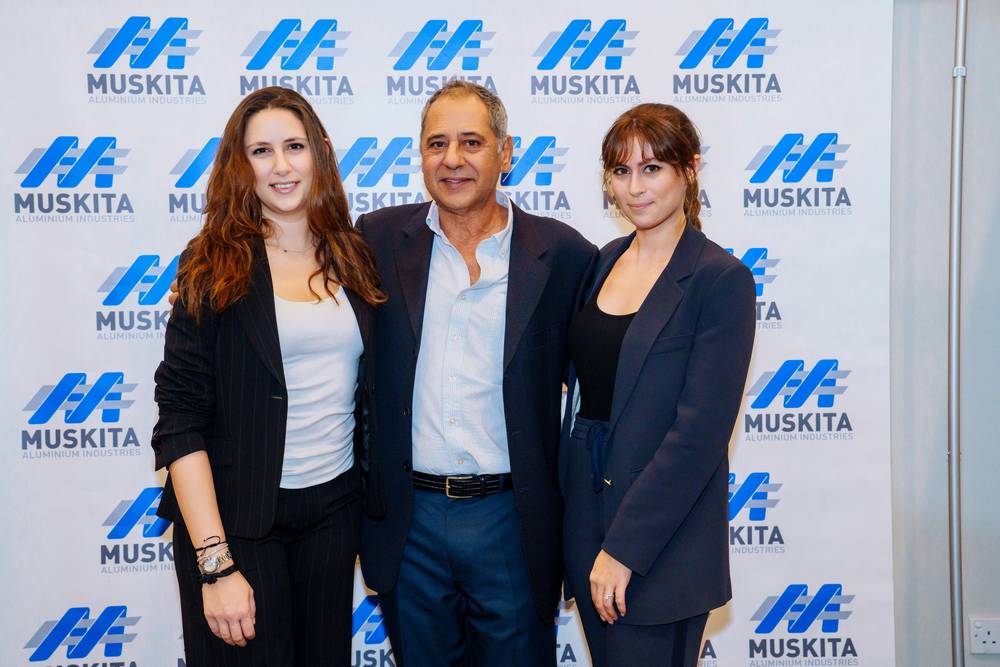
Demos Mouskis with daughters Emily and Anna Mouskis. Photo: Successful Business
How are logistics managed with such a wide range of products?
We can produce and deliver any combination of products to the customer within 10 working days, if it is in stock. Usually, 50% of our items are in stock. If something is not available, we can produce the required items and deliver them to the customer within a maximum of two working weeks.
I believe this is our competitive advantage, which keeps us successful at all times, in addition to the high quality of our products that meet European standards. We supply to Germany, the Netherlands, England, and Ireland. The production technology we use can easily compete with European manufacturers in all parameters, including price. We have the perfect combination of quality, price, and service.
Are the systems intended for Cyprus different from those for other countries?
Certainly. The climatic conditions on the island are not the same as, for example, in Germany or the United Kingdom. We develop systems that take into account the nuances of construction in Cyprus and are designed to function for a very long time without any problems.
For clarity, let me explain with an example. During 24 hours, the temperature in Cyprus can fluctuate with a very large delta. During the day, we have strong sun, and all surfaces, especially metal ones, heat up a lot (up to +55-90 degrees Celsius). At night, the temperature drops to +20-25 degrees Celsius. Thus, the temperature delta on the surface of a window block can be up to 70 degrees Celsius. In other countries, such significant temperature fluctuations are almost never observed, so the load on components and their wear differ significantly. That’s why, when developing systems for different markets, we take into account local climate features.
For example, in Mauritius, we are market leaders. The island is located in the Indian Ocean and often experiences cyclones. When calculating and supplying materials for this market, we take into account the need for the structure to withstand wind speeds of up to 300 km/h. This is critically important, as one or two cyclones occur annually in Mauritius with extreme rainfall and extreme wind load.
Our company has accumulated all this knowledge over the years. Now we can adapt our systems faster and more efficiently than our competitors to any local climatic conditions.
Where do you purchase raw materials for production, and in what form are they supplied?
We mainly buy metal from the UAE, where the quality of materials is exceptional. Usually, aluminium comes to us in the form of a solid cylinder similar to an electric pole.
In production, we use primary metal in various alloys and then heat it for processing. The alloys differ, affecting the hardness of the aluminium. For example, one alloy is used for producing car components, and a completely different one for producing structural components for shipyards.
Am I correct in understanding that you don’t melt but heat the metal?
Absolutely right. We heat it. This process is called extrusion. Then we push and force it through a die to create various shapes. As I mentioned, we have about 6,500 such shapes. In principle, we can create absolutely any shape you can imagine. It’s both a curse and a blessing.
Why?
Because on the one hand, we have an unlimited horizon of possibilities. On the other hand, we constantly think about what other shape we can come up with. Sometimes, I even wake up in the middle of the night thinking about a new idea. They seem to come out of nowhere. But then, when they come to life, you realise that anything is possible.
Do you work in any way with those who install your systems?
Naturally, we train specialists who assemble our systems. Additionally, we have teams of technicians who ensure the specifications are met.
Keep in mind, that the fabricators who will cut, assemble and install MUSKITA systems, are the exact same people who also fabricate and install any other companies’ systems, whether these are “German”, “Greek” or “Cypriot”.
What sets us apart is our adaptability and most importantly the fact that everything needed to add, adapt or to accommodate an architects’ special request is produced in house by us at our facilities in Cyprus. Anyone can come to us and see how we work, get advice. We plan to continue developing on the island and are ready to produce everything necessary for Cypriot buildings, both now and in the future.
Due to conflicts, many people are arriving in Cyprus, new buildings are needed…
A lot was built in 2023. Despite various scandals related to visas and golden passports, it pleases me that Cyprus has created its infrastructure. In Limassol, a self-sustaining economy has formed. The island has enough local business and local activity to increase and secure its economic stability.
Regarding the population increase, especially in Limassol: this city has historically welcomed new cultures and people and gradually blended them. This area has been a place of cultural and civilization mix, exchanging ideas and experiences since ancient times. The situation in 2022-2023 has, of course, affected both real estate prices and the amount of available housing. But, in any case, every city always has areas with more expensive and cheaper real estate. Limassol is developing, expanding its borders, and I think the trend to expand northwards – up the hills – will continue. We already see that schools and hospitals are being built in that area and the infrastructure is improving. In my opinion, this trend will continue. It’s the normal evolution of a modern city.
What do you expect in 2024 in the industrial sector?
I think the impact of geopolitical conflicts will continue, on the whole world, including Cyprus. We are in a relatively safe place, even despite the Cyprus problem, so I assume that the flow of people and businesses to the island will increase, from Russia and Ukraine, as well as from Israel. In my opinion, our main task in this regard for next year is to keep Cyprus as a safe and pleasant place to live and do business.
On the positive side, there are many new projects and new products in development.
Since our business projects are always long-term, I can already forecast the demand for the next 12 months, and in some areas even for 2025. Therefore, unless there are even bigger force majeure events in the World, I am confident that 2024-2025 will be years of new opportunities for our company and – in general – for the Cypriot industry and construction.
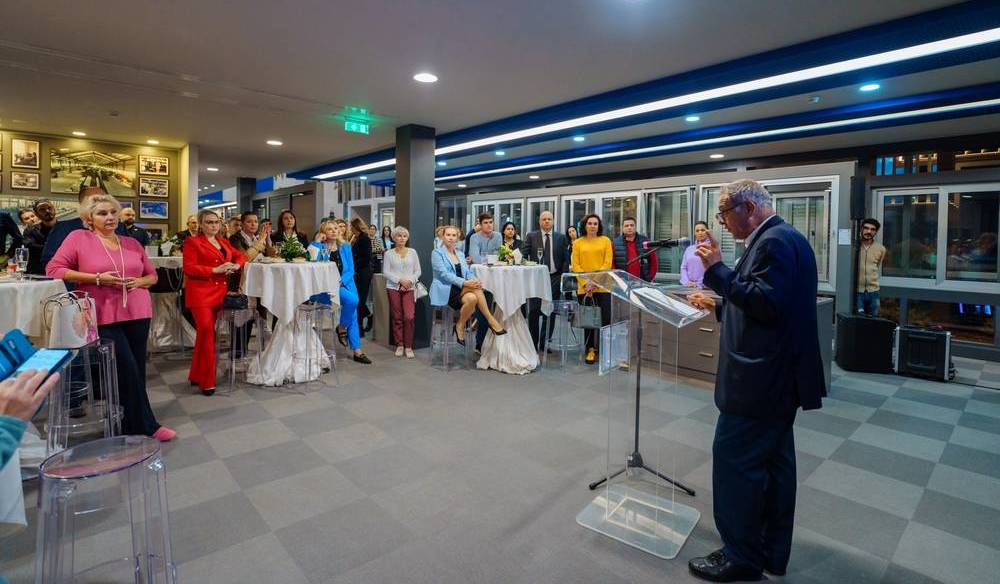
Foreign architects and interior designers along with SBL Club members had a tour around Muskita plant. Photo: Successful Business
